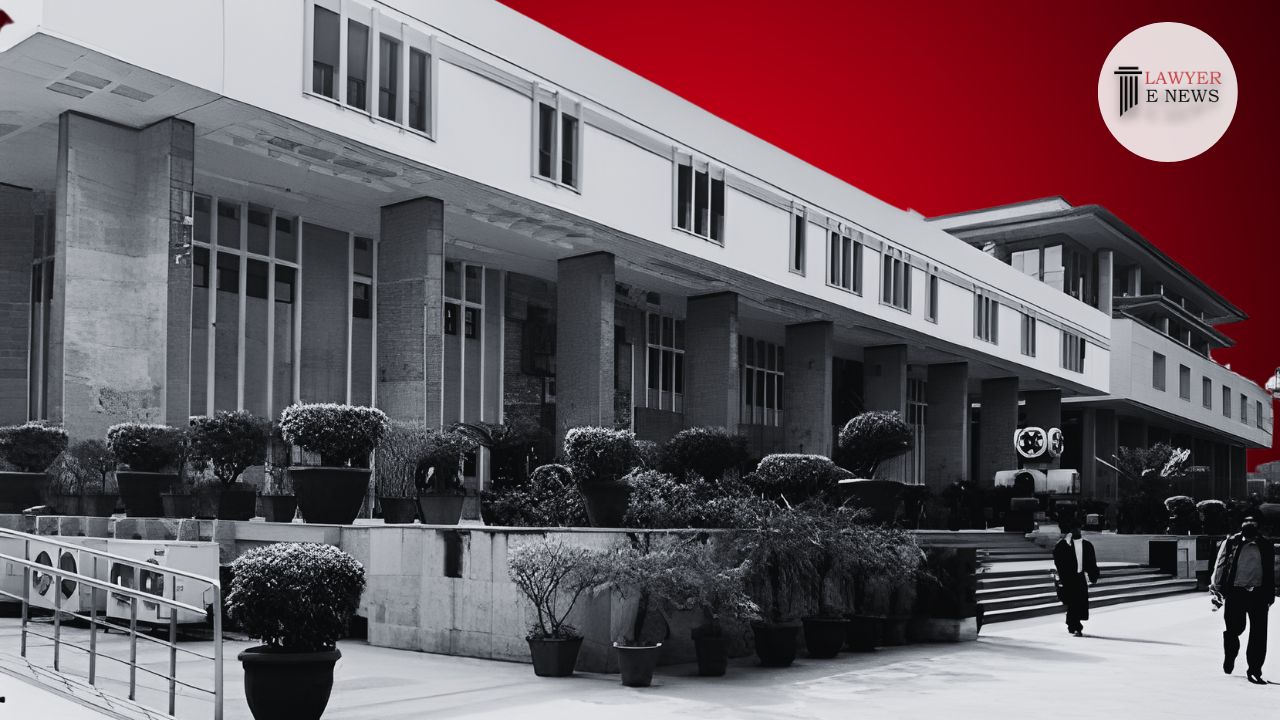-
by Admin
19 February 2026 3:14 PM



In a recent judgment, the Delhi High Court dismissed an appeal challenging the dismissal of a suit for recovery of dues by the Commercial Court. The High Court ruled, “Mere correspondence of the appellant by way of writing letters/reminders to the respondent subsequent to this date would not extend the time of limitation.” The court upheld the lower court’s decision, emphasizing that the limitation period is not a mere formality.
The appellant, Shri Anil Khandelwal, had filed the appeal against an order dated July 12, 2022, by the Commercial Court, Delhi. The Commercial Court had dismissed the appellant’s suit on two grounds: first, it was filed beyond the period of limitation, and second, it was not maintainable because of an arbitration agreement between the parties.
The High Court agreed with the lower court that the existence of an arbitration agreement does not preclude a party from filing a suit for the adjudication of its claims in court. However, in case of such a suit, the counterparty is entitled to file an application under the Arbitration and Conciliation Act, 1996, seeking a reference to arbitration.
Regarding the limitation issue, the appellant argued that the suit was filed within the limitation period, primarily based on a payment made by the respondent in 2018. However, the High Court carefully examined the facts and found that certain claims made by the appellant were barred by limitation, while others were not. The court emphasized that the limitation period begins when the cause of action arises and that unilateral communications by the claimant do not stop the clock.
The judgment serves as a reminder that adherence to limitation periods is crucial in legal proceedings. It highlights the significance of filing claims within the stipulated time frame, as any delay may result in certain claims being time-barred.
Date of Decision: January 05, 2024
SHRI ANIL KHANDELWAL VS THE REGISTRAR UNIVERSITY OF DELHI
